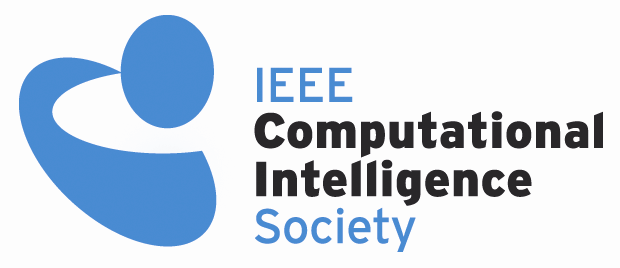Artificial Software Agents – like driverless cars – promise great benefits but also present some new risks. This talk focuses on the unexpected judgments people make about interactions with a software agent. Deploying a new research instrument – the N- Reasons experimental survey platform – we encourage participants to generate reasons to support their judgments, and groups to converge on a common set of reasons pro and con various issues. In the Robot Ethics Survey, some of the reasons contributed reveal surprising judgments about autonomous machines. Presented with a version of the trolley problem with an autonomous train as the agent, participants gave unexpected answers, revealing high expectations for the autonomous machine and shifting blame from the automated device to the humans in the scenario. Further experiments with a standard pair of human-only trolley problems refine these results. While showing the high expectations even when no autonomous machine is involved, human bystanders are only blamed in the machine case. A third experiment explicitly aimed at responsibility for driverless cars confirm our findings about shifting blame in the case of autonomous machine agents. We conclude methodologically that both results point to the power of an experimental survey based approach to public participation to explore surprising assumptions and judgments in applied ethics. However, both results also support caution interpreting survey results in ethics, demonstrating the importance of qualitative data to provide further context for evaluating judgments revealed by surveys. The result about shifting blame to humans interacting with autonomous machines suggests ethical caution about the unintended consequences of intuitive principles requiring human responsibility.
Speaker: Peter Danielson
Mary & Maurice Young Professor of Applied Ethics
Centre for Applied Ethics
School of Population & Public Health
University of British Columbia
Date & Time: September 22, 2014 – Monday. Talk at 4:00 p.m. Refreshments available from 3:30 p.m.
Location: Kaiser 2020/2030, 2332 Main Mall, UBC
ECE Hosts: Philippe Kruchten and Sathish Gopalakrishnan
Speaker Biography
Having taught Philosophy and Computer Science at York Univ, Danielson came to UBC in 1990 as one of two founding faculty of the W. Maurice Young Centre for Applied Ethics. Danielson’s research program of Artificial Morality combines computational (agent-based, evolutionary) modelling of more or less ethical agents with constructing computational spaces to support democratic decision making in ethics. He leads the NReasons research group, which is conducting experimental public participation evaluations of technologies ranging from biobanks to elder care robots as well as life extension and animal welfare.



